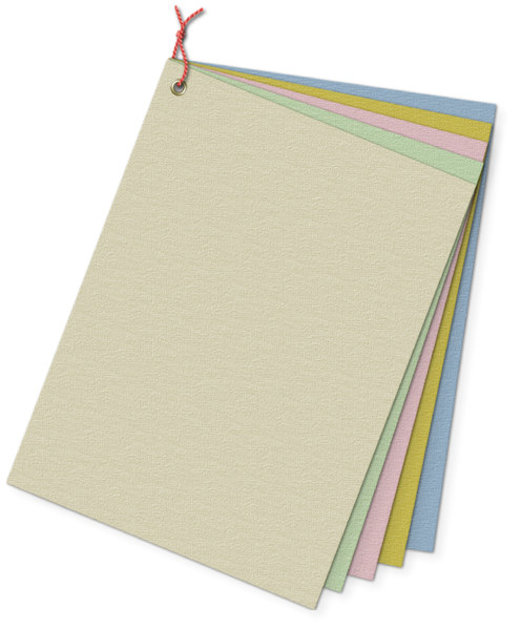
He [Rabban Yohanan ben Zakai] said to [his disciples]: go out [of the bais hamedrash] and see which is the good way to which a man should cleave? (Avos 2:9)
Two questions come to mind:
First, why go out of the bais hamedrash? Isn’t the bais hamedrash the best place to think about one’s middos and to choose the one that is most important to you?
The Magid Rabi Yisrael m’Koznitz answered this question:
[Go out means] go out from your [high spiritual] level...and see which middah is most necessary for the average person in order to achieve what is best for them. (Mi’Mayanos haNetzach, Avos, page 107)
The disciples replied:
Rabbi Eliezer said, a good eye.
Rabbi Yehoshua said, a good friend.
Rabbi Yosi said, a good neighbor.
Rabbi Shimon said, foresight.
Rabbi Elazar said, a good heart. (Avos 2:9)
Rabeinu Yonah begins his comments on this Mishna by telling us that other commentators have offered the following interpretation of three of these five suggestions:
A good eye. One who is sameach b’chelko.
A good friend. To have a good friend.
A good neighbor. To have a good neighbor.
Rabeinu Yonah writes: so it was explained by the Rishonim Z”L but it is not the correct understanding. According to them, a good eye and a good heart refer to characteristics of one’s self, whereas a good friend and a good neighbor refer to the characteristics of someone else outside of oneself.
Because of these inconsistencies, Rabeinu Yonah holds that these three suggestions in the Mishna should instead be explained as follows:
Rabbi Eliezer said: A good eye. This is charitable nobility.
Rabbi Yehoshua said: A good friend. This means being genuinely loyal to a single chosen friend.
Rabbi Yosi said: A good neighbor. One should be good to all of his neighbors.
With this interpretation, all five of the suggestions refer to oneself. These talmidim of Rabban Yohanan ben Zakai understood their Rebi as asking them how best to develop one’s own middos and how to conduct oneself with others.
Rabeinu Yonah explains each of their choices:
Rabbi Eliezer said, A good eye: He means to say the trait of generosity, which is a fine and praiseworthy trait.
Rabbi Yehoshua says: A good friend: This means to be a good friend to someone he admires, to be a source of pleasure to him. [This requires being trustworthy, empathic, interested, and supportive.]
Rabbi Yosi says: A good neighbor: That he himself be a good neighbor to all of his neighbors.
Rabbi Shimon says: Seeing the consequences of one's actions: To contemplate the potential outcomes of choices before choosing one.
Rabbi Elazar says: A good heart: Rambam, may his memory be blessed, explained that this is the virtue of perfecting one’s middos since the attributes of a person come from the heart. And when his heart is good, all of his middos will be straight and all of his attributes will be correct. And he will be 'glad in his heart,' befriend the good and only desire a thing which has a beneficial goal and not a loss. So did Rabbi Meir Halevi (Ramah), may his memory be blessed, write. And though the matter is like this, it [only follows] according to their [approach].
But this explanation does not fit according to our approach. Hence it appears [correct] to explain that a good heart means the middah of willpower. This is the tolerant one who is not short tempered, distances himself from the trait of anger and answers softly.
Whichever middah we choose to guide us in our lives with our friends and our neighbors should be most carefully guarded when we speak with our spouses and our children.
He [Rabban Yohanan ben Zakai] said to [his disciples]: go out [of the bais hamedrash] and see which is the good way to which a man should cleave? (Avos 2:9)
Earlier, we saw Rabban Yohanan ben Zakai’s rationale in sending his disciples out of the bais hamedrash to determine which is the good way to which a man should cleave.
It is relatively easy to uphold our middos outside in the community, outside of the bais hamedrash. It is more difficult in familiar settings, especially inside of our homes. The latter is the most important and may be the most challenging.
If you want to know whether you have truly mastered a particular middah, the true test is how you conduct yourself with this middah in your home, with your family.
This may be compared to a thief who is in a situation in which there is nothing to steal. Can we say that he has overcome his criminal nature?
People often think they have mastered a middah but it is not true.
One who has worked on overcoming his middah of easily becoming angered may see himself as successful in the community, calmly offering help to everyone in need. But it is in his home, where he sees himself as the master who must be obeyed, here is the test to determine whether he has corrected his ways of anger and intolerance.
Consider this well, for it is true.
We daven to Hashem to lead us on the path of strengthening our resolve to realize that middos are the basis of everything in life. Only when we master good middos can we succeed in all matters material and spiritual. (Middos Dilei, Volume 1, page 45)
A second question remains. How could Rabban Yohanan ben Zakai ask his talmidim to identify one middah to which one should adhere? Why didn’t he urge them to work on all of their middos? IYH I will discuss this in my next article.
Rabbi Ackerman is the author of Confident Parents, Competent Children, in Four Seconds at a Time
Available at bookstores and on Amazon.
He can be reached at 718-344-6575

 Previous
Previous

